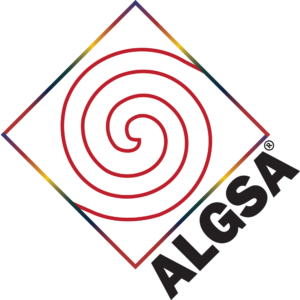Significant reductions in medication use observed in patients with ALGS treated with maralixibat
Treatment with maralixibat significantly reduces the need for multiple concomitant medications in patients with Alagille syndrome (ALGS), particularly for managing cholestatic pruritus, according to a study presented at ESPGHAN 2024.
The study, conducted by Mirum Pharmaceuticals, utilized pharmacy data from the Mirum Access Plus program to evaluate trends in concomitant medication usage among ALGS patients treated with maralixibat. The analysis included 116 patients, with a median age of 6 years, and a median treatment duration of 480 days. The patient cohort was predominantly male (53.4%) and, at the initiation of maralixibat treatment, had a median of 2 antipruritic medications and 1 nutritional or vitamin supplement. This real-world study design provided a comprehensive view of medication trends over a 1-year period following the start of maralixibat therapy.
More than one-third (35%) of the patients discontinued ≥1 antipruritic medication, and nearly one-fifth (19%) discontinued ≥2 medications after starting maralixibat. Reductions were seen across various medication types, including choleretics, PXR agonists, antihistamines, bile acid sequestrants, opioid antagonists, and SSRIs.
There was also a notable reduction in the use of nutritional and vitamin supplements among nearly 20% of the patients.
Reference
Terner-Rosenthal J, et al. Maralixibat impact on concomitant medication use for the treatment of cholestatic pruritus in Alagille syndrome: Real-world experience. Oral Presentation at ESPGHAN 2024: May 15-18, 2024.
Rare Disease 360® is the Official Media Partner and Official Publication of The Alagille Syndrome Alliance (Alagille.org).


